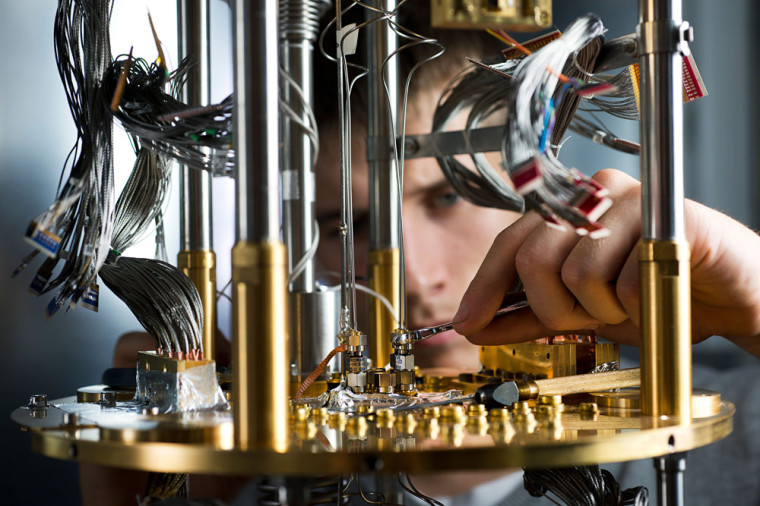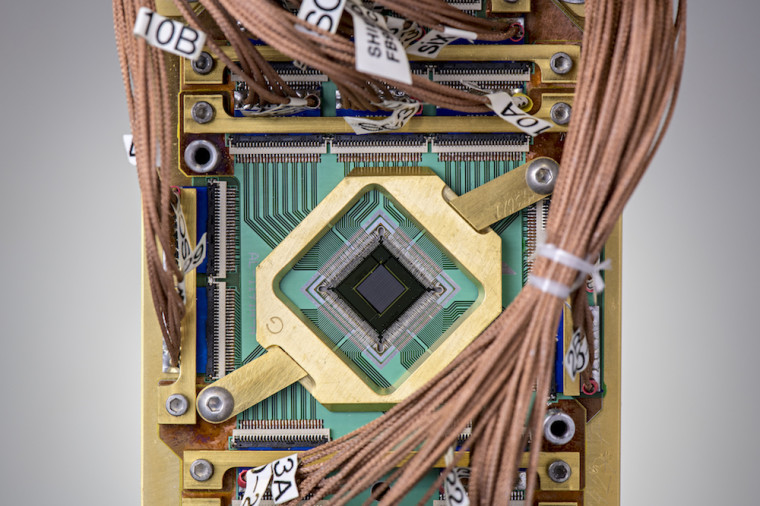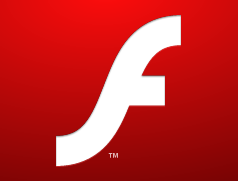Quantum computing is an exciting and novel approach to computation. Armed with the power of quantum mechanics, it is being hailed as a potential avenue to solving problems that are intractable on traditional computers. While the technology enabling it is still in its nascent ages, companies across the world are pushing for improvements that will usher quantum computing into commercial and practical use cases.
D-Wave is one of the firms leading this charge. Based in Canada, D-Wave is focused on realizing the potential of quantum computing in business and commercial domains. Its unique approach of quantum annealing and hybrid quantum computing makes quantum computers useful in the NISQ-era—a time at which other approaches to quantum computing are marred by inaccurate results and hypersensitive qubits.

In March 2020, after the onset of the COVID-19 pandemic, D-Wave opened free access to its quantum computers to researchers and healthcare firms worldwide via its Leap quantum cloud service. Over the past year, over 280 researchers, students, experts, and creative minds from over 23 countries sought solutions to key problems related to the pandemic. A year later, the free access initiative came to an end.
Considering this, we thought it would be a great point to ask D-Wave what it's learned in the past year and what the future's looking like for quantum computing. We sat down with D-Wave CEO Alan Baratz and had a fantastic conversation on how the firm's systems were used this past year, what kind of problems were solved, and what lies ahead for D-Wave and quantum computers in general.
Ather: Tell us a bit about quantum annealing and why it's a promising approach to practical quantum computing in the NISQ era.
Alan: D-Wave's approach to quantum computing has always been to bring commercial value to customers via quantum computing, and we can do this today with quantum annealing. Quantum annealing harnesses the tendency of things in nature to remain in their lowest energy state. Our quantum systems harness quantum mechanics to compute highly complex problems by looking across a vast landscape of solutions very quickly and finding a selection of the best, lowest energy solutions. We do this with superconducting qubits.

Today, our Advantage quantum system has 5000+ qubits and more than 15-way connectivity. This is the greatest inter-qubit connectivity of any available quantum computer today, and allows for solving larger, more complex problems, and helps obtain higher quality solutions. It's a very promising practical approach to quantum computing because businesses are looking to solve complex problems with multiple variables and constraints and for some problems, quantum computing is either a new way or perhaps the only way to solve for those problems. Today, D-Wave's quantum hybrid approach solves real-world problems with up to a million variables, enabling companies to solve complicated problems that have commercial value - whether they be manufacturing processes, retail operations, or hospital resource allocation. That's compelling in a market where other quantum approaches are years away.
Ather: Tell us a bit about Leap, D-Wave's cloud service, and how you opened up access to this service to solve for pandemic-related problems in March 2020.
Alan: Leap is D-Wave's quantum cloud service, and it democratizes access to real-time quantum computing. Gone are the days when developers and businesses needed access to a physical quantum system in order to explore quantum technology. Now any laptop holds the power of a quantum computer as long as you have access to the Leap quantum cloud service.
Last March when the coronavirus began spreading globally, D-Wave opened up free access to Leap for anyone working on responses to the COVID-19 crisis. Customers and partners like CINECA, DENSO, Forschungszentrum Jülich, Menten AI, NEC, Sigma-i, Volkswagen, and more joined in providing access to their engineering teams with expertise on how to use quantum computing and formulate problems, as well in helping develop solutions. We opened up access in all countries where Leap is available to really maximize the impact quantum computing could have on a global scale.

We saw some really interesting and creative work coming out of our COVID-19 initiative. Sigma-I, for example, is creating real-world practical applications that address thorny challenges around hospital resource allocation, nurse and employee scheduling, and congestion in commercial facilities (such as movie theaters). Menten AI's hybrid quantum use case to determine protein structure for de novo protein design is a first of its kind and has been advanced to live-virus testing against COVID-19.
Ather: What kinds of problems have been solved using D-Wave's systems to-date? Do consumers see an advantage directly?
Alan: D-Wave customers have built more than 250 early applications in diverse verticals, including logistics, artificial intelligence, materials science, drug discovery, cybersecurity, fault detection, and financial modeling.
Volkswagen, for example, was an early adopter of D-Wave's technology. They have expanded their quantum use cases with the quantum hybrid solver service to build a paint shop scheduling application. The algorithm is designed to optimize the order in which cars are being painted. By using the hybrid solver service, the number of color switches will be reduced significantly, leading to waste reduction and performance improvements.
One of our partners, Multiverse, is working with international banks Bankia and BBVA to solve portfolio optimization problems that have proven intractable to classical computing approaches. Multiverse is a leader in developing quantum computing-based solutions for the financial sector. Using D-Wave's quantum hybrid solver service, which combines the strengths of classical and quantum computing, the company was able to develop an algorithmic approach that rapidly generates portfolios that can be optimized against a variety of constraints.
To answer your question about if quantum computing touches the lives of average consumers, I'd say it definitely does. What might seem like science fiction to many is closely tied to many consumers' lives when you consider quantum computing's impact on the invention of new medical drugs, supply chain innovation, and even the manufacturing of the cars we drive. And we're just scratching the surface of what is possible, so I expect the impact will be greater and greater over time.

Ather: In a prior life you were the first president of JavaSoft at Sun Microsystems. How has that experience and opportunity helped you as you lead and scale D-Wave today?
Alan: At JavaSoft, I oversaw the growth and adoption of the Java platform from its infancy to a robust platform supporting mission-critical applications in nearly 80% of Fortune 1000 companies. It was all about scaling an emerging technology rapidly and setting an industry-standard while we were at it. It was also about educating businesses about how to best use the new technology we were building.
To tell you the truth, it's not all that different from what I do at D-Wave. Just like at JavaSoft, I am responsible for cutting-edge innovations, ensuring that developers and businesses can actually use and benefit from those innovations while building an entire ecosystem. The only real difference is that it's quantum computing and is not just a technology; it's also a science. So, we always have to be thinking about learning and furthering the science, while building the technology and the business.
Ather: It's been just over a year since you started as CEO of D-Wave. Tell us what you've learned in the last year or so.
Alan: What feels most significant to me is that in the last year or so I've seen more businesses than ever that are not only interested in quantum computing in a theoretical sense, but that also have real application and deployment use cases in mind. One of the biggest questions we hear from these folks is “how do we get started in quantum computing?” It's why we started our formal, four-phased D-Wave Launch program, a jump-start program for businesses who want to get started building hybrid quantum applications today but may need additional support. We continue to be committed to making the systems, software, and services as easy as possible, and I've really learned how much support businesses are asking for to help them get started in quantum.
Our efforts are paying off. In the past year, we've seen our active developer community grow to over 20,000, and Leap has seen 1000% MoM growth at certain points throughout 2020. That is an accomplishment I'm particularly proud of as it's proof of widespread quantum computing interest and usage. It's an incredibly exciting time to be in quantum computing.
Ather: What do you suggest to enterprise, government, and research institutions worldwide considering quantum computing today?
Alan: Annealing quantum computing technology is ready for business and mission sized problems, today. With the ability to solve problems with more than 1 million variables, we can now use quantum hybrid technologies for business scale. And because of that, we're seeing more and more interest from these sorts of institutions, and the number of new use cases is extraordinary. Further proof that quantum computing is real and valuable today. But like I said, it can be difficult for organizations to know where to begin, especially if they haven't explored quantum computing much before, or may worry they don't have the right skills to get started. With the D-Wave Launch program I referred to earlier, we bring a collection of talented teams who are deep in the technology to work closely with the subject matter experts within their organizations to identify the right problems (often optimization problems), help them map the problem onto the quantum processor, build out PoCs and pilots, and then get them running in production.

Now is the time for organizations - whether commercial, research or government - to take quantum computing investment seriously, because your competition is already exploring how to solve complex problems using quantum and looking to gain first-to-market advantages.
Ather: How do you see D-Wave continuing to grow and evolve over your next year of leadership?
Alan: We'll continue to focus on practical quantum computing - that's been D-Wave's North Star from the very beginning. That means that over the next year we'll aggressively expand our hybrid-first and cloud-first approach to the business, work even more closely and thoughtfully with our diverse customer base to help them identify complex business problems and show them how quantum computing can add value to their businesses while we explore even more use-cases together. The quantum killer app is just waiting to be found, and it's much nearer than anyone thinks.
Of course, science and innovation will continue to fuel everything we do - you'll definitely see more groundbreaking research published in peer-reviewed journals. At the end of the day, quantum computing is a science, so as much as we focus on guiding our customers, we also must continue to lead in scientific exploration and impact.
It's great to see that quantum computers are now steadily percolating into practical and commercial use cases. As enterprises, governments, researchers, and enthusiasts explore quantum computing, the future is definitely exciting, and we at Neowin can't wait to share it with you. We thank Alan for his time and greatly appreciate the insight he was able to provide throughout the chat on the present and future of both D-Wave and quantum computing.

















6 Comments - Add comment